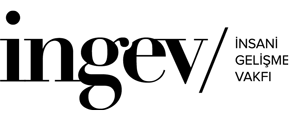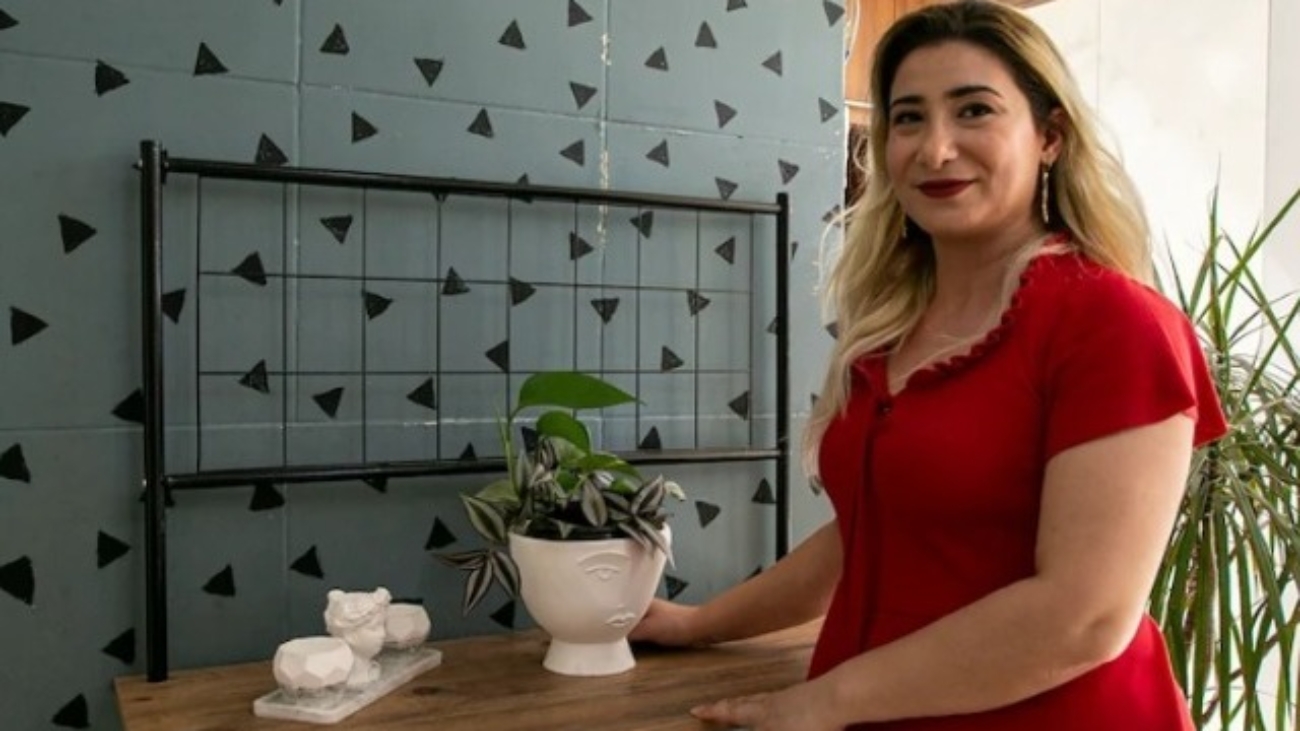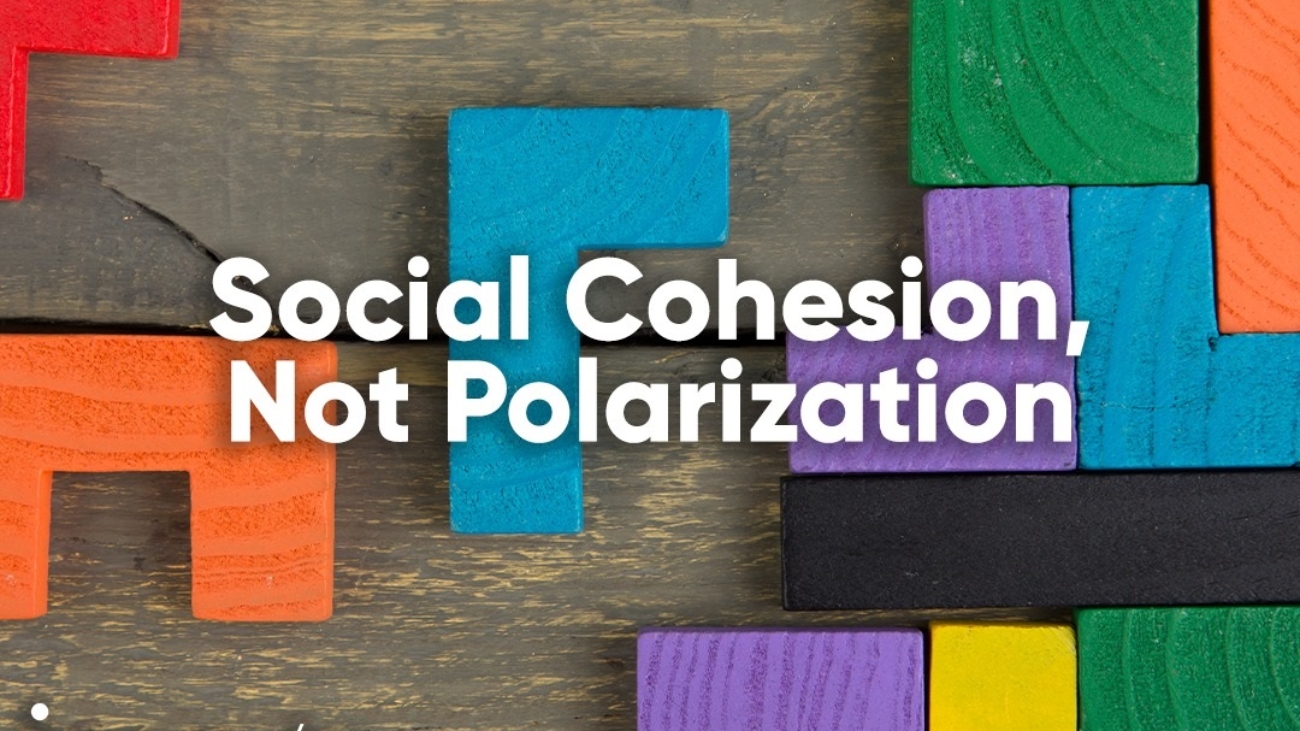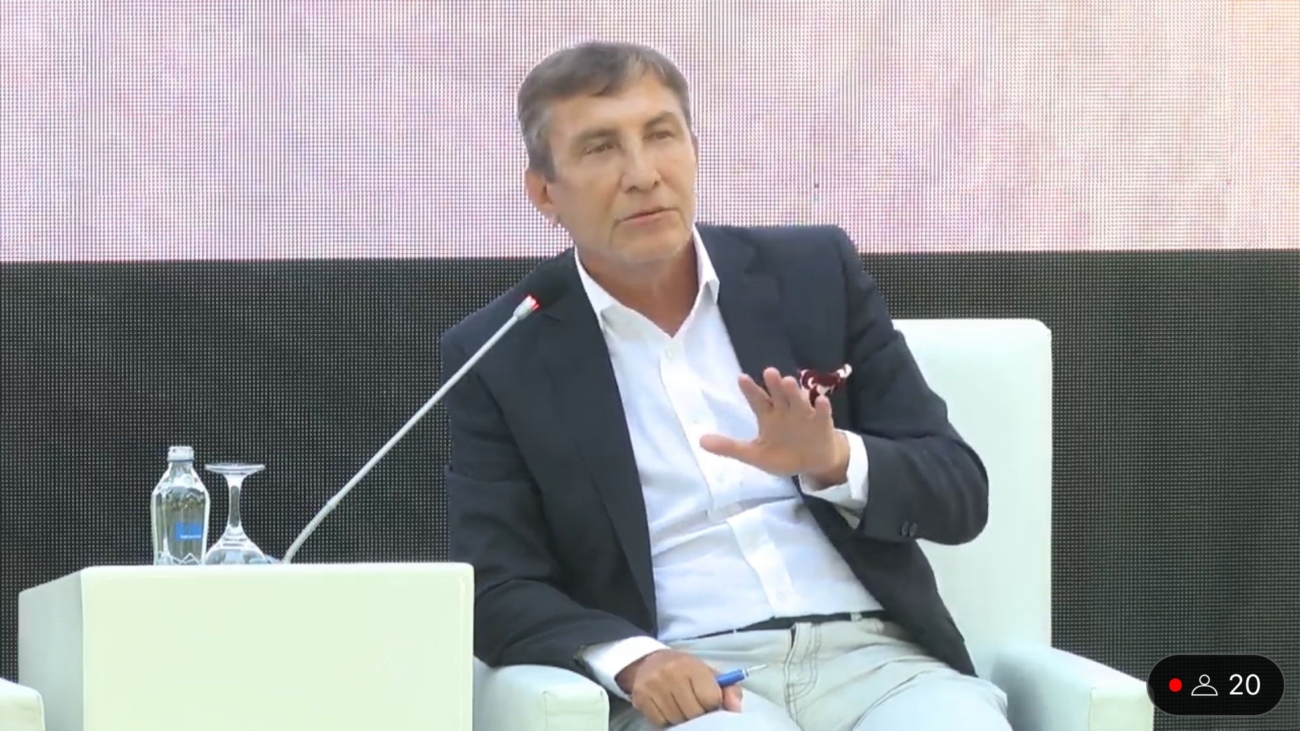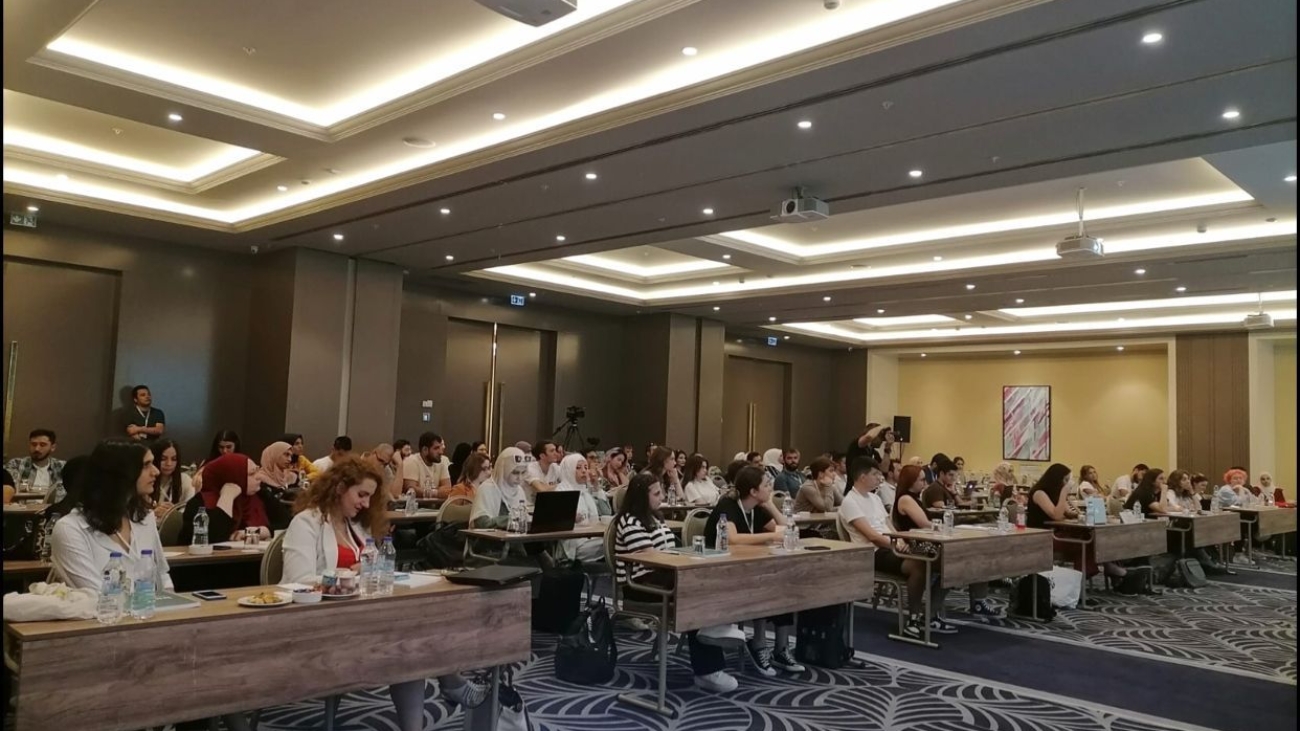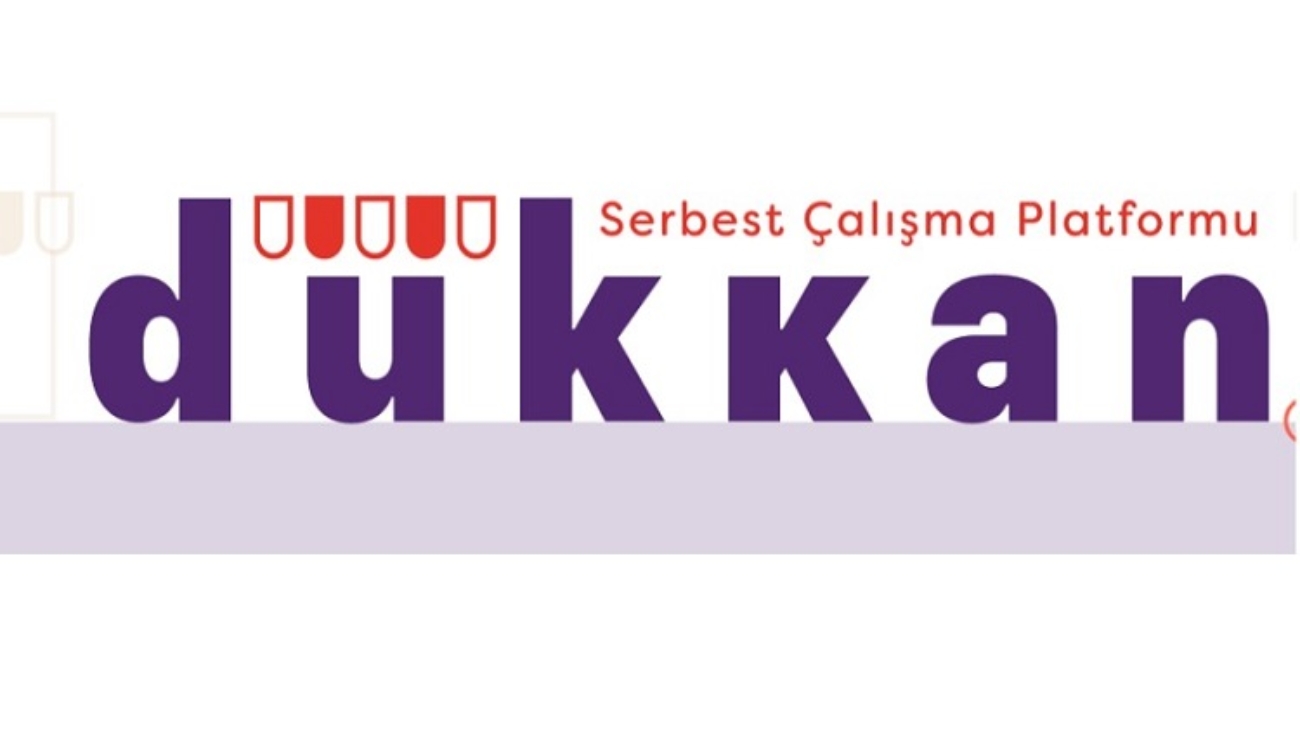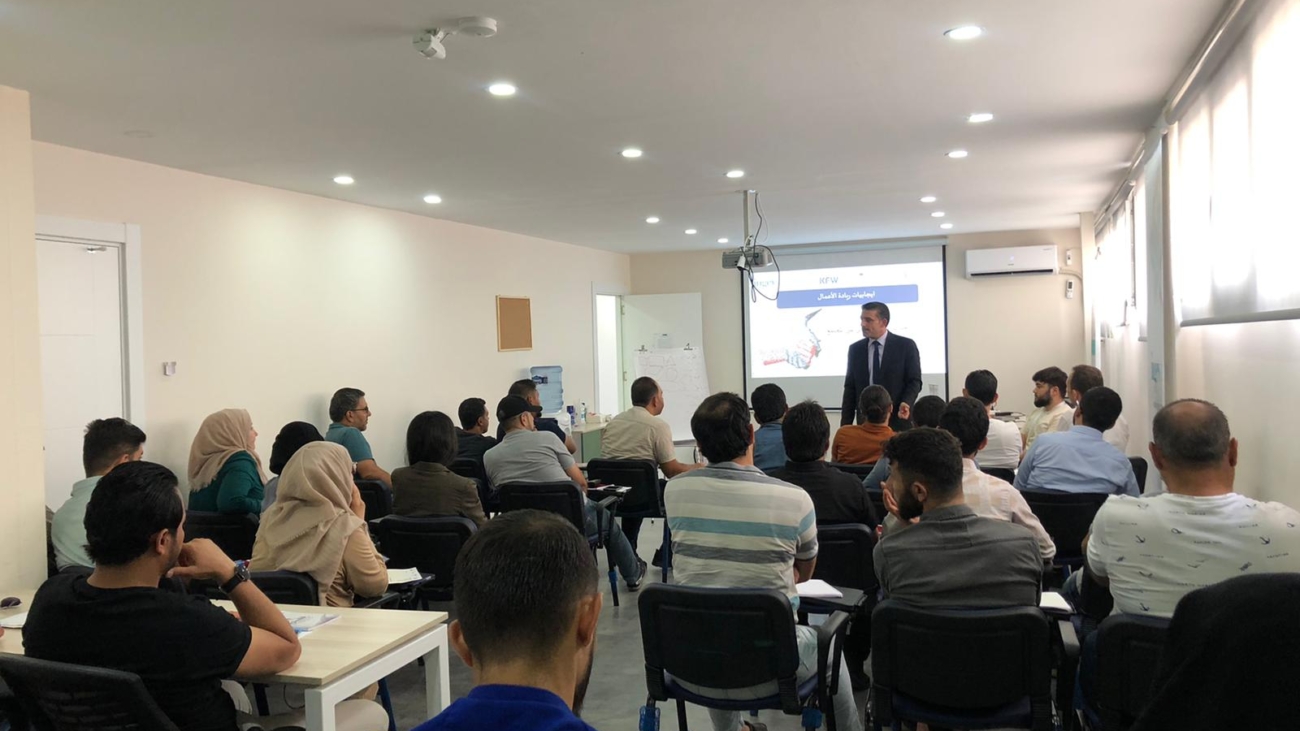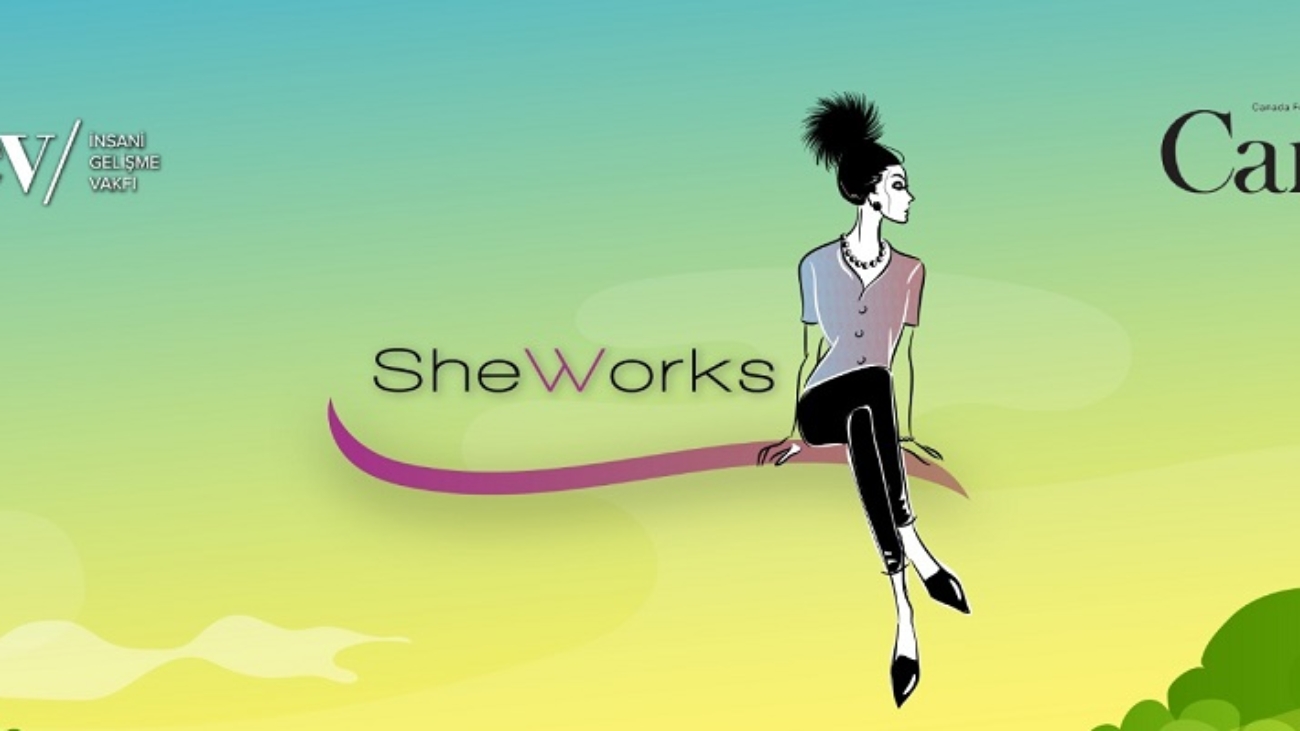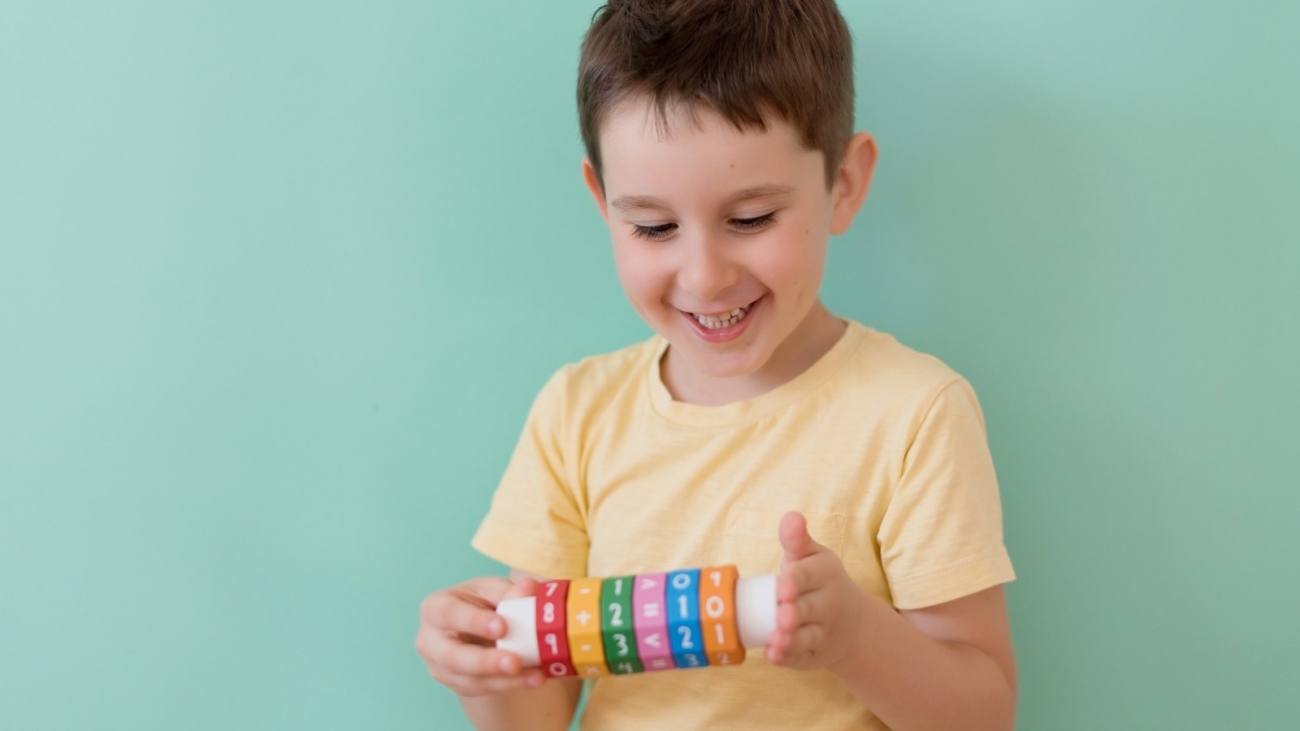One day, while buying roses from a flower shop, Damla realized that the pots were not constructed from the proper materials. They were fragile and not suitable for plants that need a lot of water. Damla knew this very well as she had worked with construction materials such as steel and cement. That’s when she had an idea. She had more knowledge than most of the other pot producers, so she thought it would be good to use this knowledge and produce better-quality pots. She could create different designs and explore her love of art. Still, there was a problem: how to begin?
She did not have the necessary equipment or materials for this kind of work. Then she heard about the business development center run by INGEV in partnership with Danish Refugee Council (DRC). Funded by German Federal Ministry for Economic Cooperation and Development (BMZ) through KfW – German Development Bank, the center supports entrepreneurs with both technical and start-up capital assistance to establish their own businesses. The center provided different types of training, such as project and financial management, marketing, and Turkish labor law, as well as start-up grants, before selecting graduates with strong business plans to prepare them to succeed in the Turkish market.
Starting a business seemed like a daunting endeavor to Damla. She had not even thought about starting a business before that moment, but she decided to do it. She was impressed by the quality and content of the trainings. “They were very useful. I learned how to write a business plan, look for sales channels and professionally start a business. They pushed me to think in a new and different way, even though my background was different.”
Damla’s startup proposal to the center was accepted and the team at the center provided her with continuous technical guidance. Damla said, “They have been with me every step of the way. Through their counseling, they helped me fill the gaps I had.”
Click here for more of the story…
